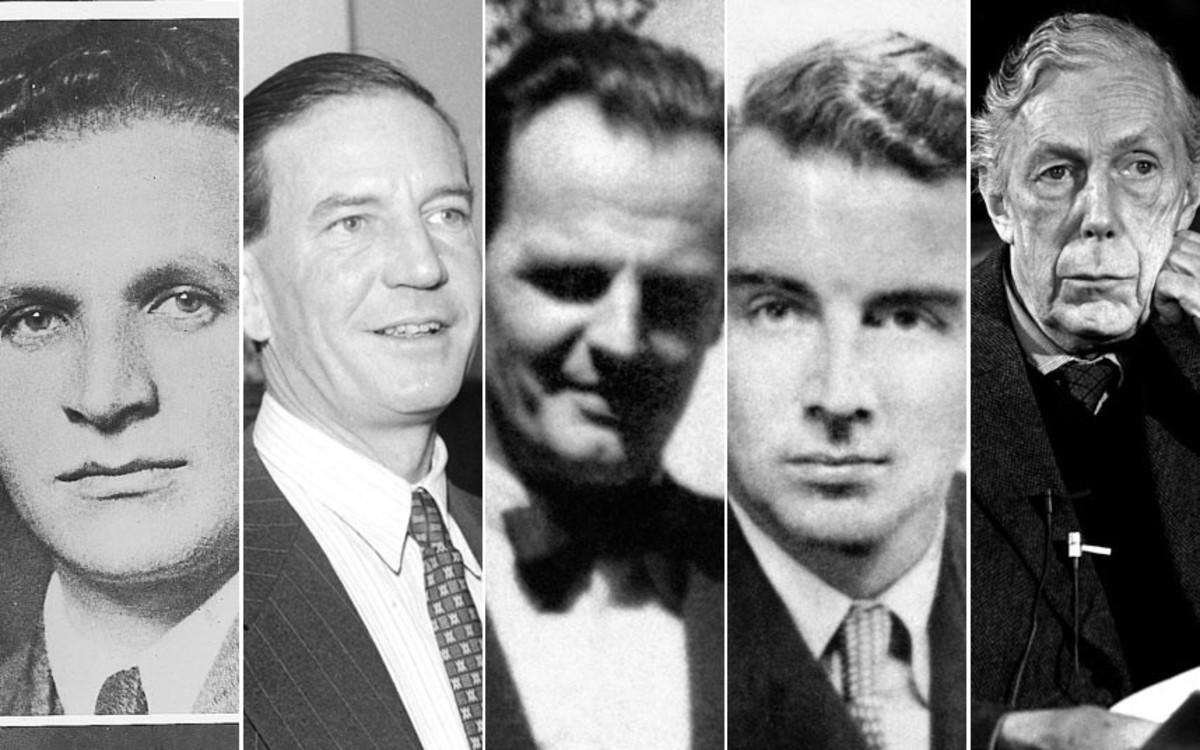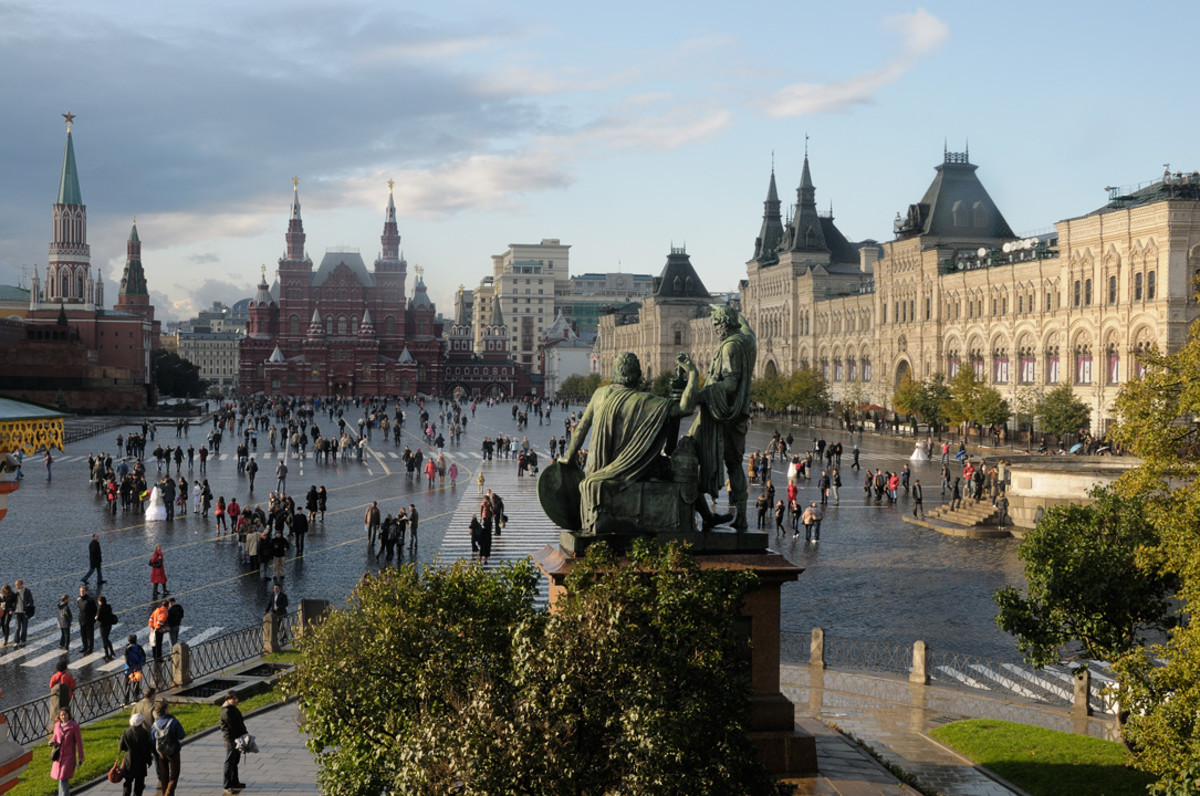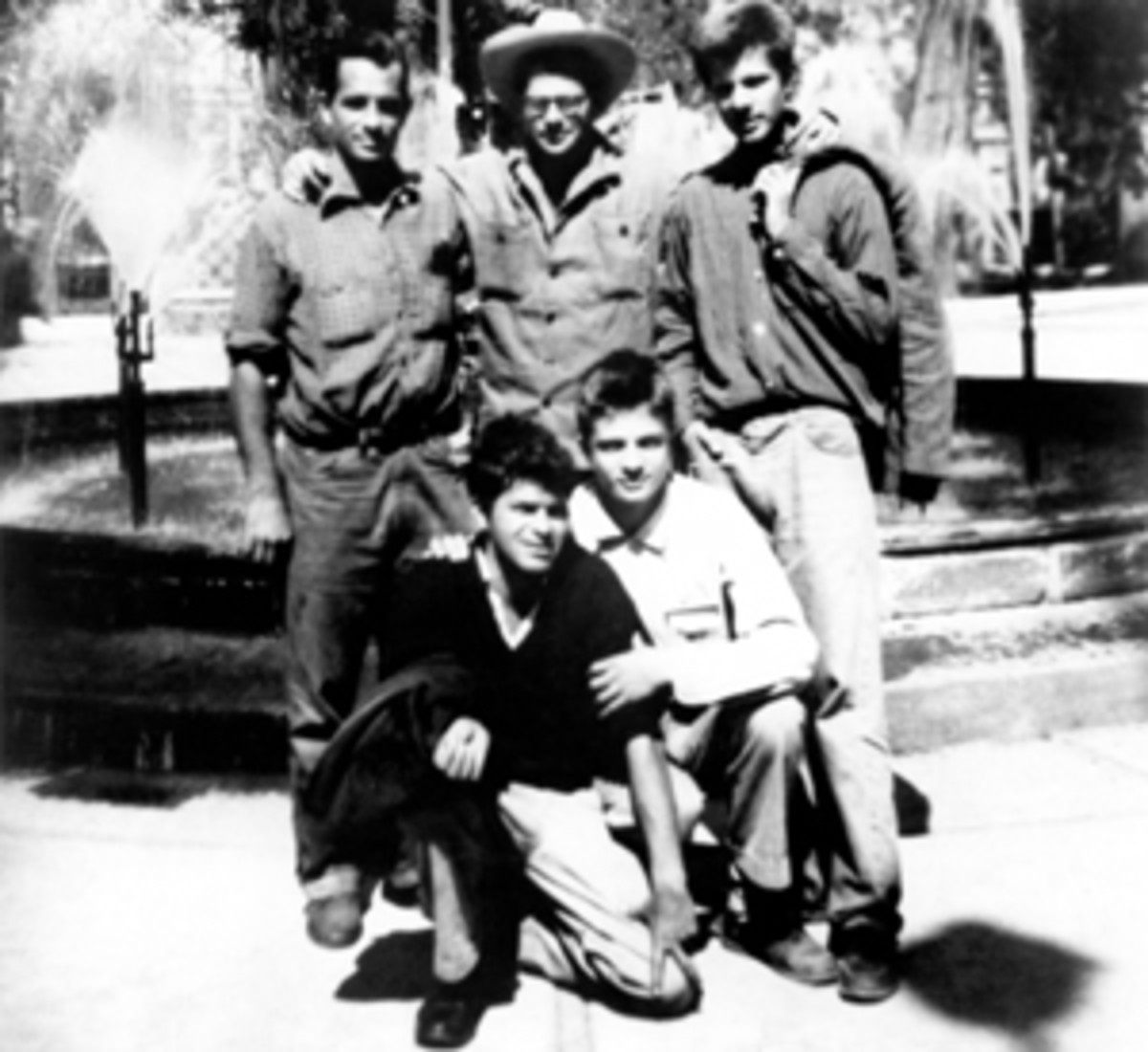Mikhail Bulgakov's "Master & Margarita"

A Few Words About Bulgakov & "Master & Margarita"
The Soviet novelist and playwright Mikhail Afanasievich Bulgakov (1891-1940) was a satirist with an outstanding talent for depicting the grotesque, the comic, and the fantastic. The novel, "Master and Margarita" is Bulgakov's greatest work. It is a complex, grotesque, and fantastic satire, combining a unique interpretation of the story of Jesus with descriptions of the literary and theatrical circles of Moscow and with weird adventures caused by the mischief of the devil. The novel has many symbolic elements, which can be interpreted in a great variety of ways. To my great regret, a number of Bulgakov's manuscripts still (2009) remain unpublished.
[illustration is by Irina Shipovskaya]
---
Biography of Mikhail Bulgakov
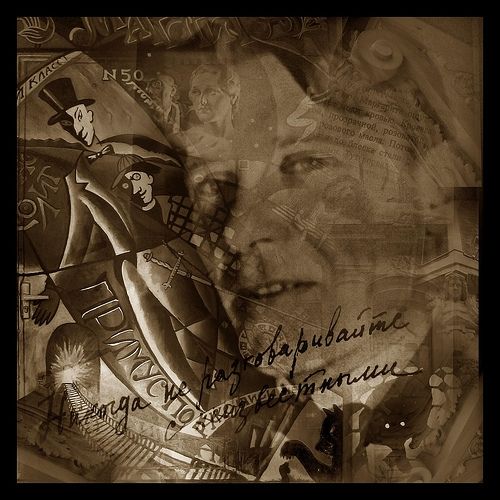
Mihail Bulgakov was born in Kiev, Ukraine, as the eldest son of a theology professor at the Kiev Theological Academy. After attending First Kiev High School (1900-09), Bulgakov studied medicine at the Kiev University (1909-16). From 1916 to 1918 he served as a doctor in front-line and district hospitals. These experiences he described in notes of a young doctor, 'Zapiski yunogo vracha' (1925-26).
In 1918-19 Bulgakov worked as a doctor in Kiev, and witnessed the German occupation and then the occupation by the Red Army. During these war years he used a morphine, but with the helped of his first wife he managed to win the addiction. In 1920 Bulgakov abandoned medicine in favor of a career as a writer. He organized in Vladikavkaz, Caucasus, a 'sub-department of the arts', wrote stories for newspapers
Bulgakov moved in 1921 to Moskow, where he worked for the literary department of the People's Commissariat of Education, and wrote as a journalist for various groups and papers. His largely autobiographical novel BELAYA GVARDIYA (1925, full text 1966, The White Guard) was an account of the turbulent years between 1914 and 1921 as reflected in the lives of a White family in the Ukraine. Two parts of the book was published in the journal Rossiya, whch was closed before the third part could appear.
From 1925 Bulgakov was associated with the Moscow Arts Theatre. He wrote and staged many plays, which enjoyed great popularity. Bulgakov's criticism of the Soviet system was not swallowed by the authorities. The Heart of the Dog (written in 1925), a satire on Soviet life in the guise of science fiction, was condemned unpublishable. In the story 'Pokhozhdenia Chichikova' the protaginist of Gogol's Dead Souls was dropped in the middle of the Soviet Russia's New Economic Policy period of 1921-27. 'Diaboliad' (1925) portrayed a poor clerk in a gigantic bureaucracy, where he loses his identity and life.
In 1928 Bulgakov had three plays running in three Moscow theatres, Zoya's Apartment, The Crimson Island, and The Days of the Turbins, dramatized from his novel The White Guard. It brought the author overnight success and became 'a new Seagull' for the new generation, although it also received hostile reviews for the sympathetic portrayal of White officers. Paradoxically, The White Guard was one of Stalin's favorite plays. It was banned in 1929, reinstated in 1932 but published only in 1955.
By 1930s Bulgakov's works were published rarely or not at all - Zoya's Apartment (1926), a play set in an atelier-bordello, was banned, as The Crimson Island (1928). Flight (1928), dealing with White fugitives leaving Russia, was banned before its premiere. In 1929 he wrote to Maxim Gorky: "All my plays have been banned; not a line of mine is being printed anywhere; I have no work ready, and not a kopeck of royalties is coming in from any source; not a single institution, not a single individual will reply to my applications..."
After writing a letter to Soviet government, requesting permission to emigrate, Bulgakov received a personal telephone call from Stalin and was employed as an assistant producer with the Moscow Arts Theatre. He adapted classics for the stage. During the late 1930s he was librettist and consultant at Bolshoi Theatre. However, Stalin's favour protected Bulgakov only from arrests and executions, but his writings remained unpublished. In Black Snow, a Theatrical Novel, Bulgakov described his love-hate relationship and took a revenge on Stanislavsky for the failure of his play A Cabal of Hypocrites, produced under the title Molière. In one scene Louis XIV, the Sun King, says: "Then hear this: my author is oppressed. He is frightened. I will show kindness to anyone who forewarns me of whatever danger imperils him... The ban is lifted. You may stage Tartuffe." The Last Days was performed first in 1943 under the title Pushkin.
Bulgakov's most important work was The Master and Margarita, a fantasy about the Devil, disguised as a professor, who causes havoc in the city. The work was suppressed because Bulgakov refused to make the changes reguired by the authorities. Although Bulgakov was still making changes to the text on his death bed, the novel was completed. The first Soviet edition was published in 1966-67, a fuller text appeared in 1973 and the revised full text in 1989.
Bulgakov was writing Black Snow, his theatre novel, when he died in Moskow on March 10, 1940. It took until 1980s before all Bulgakov's works could be published in his own home country. For decades Bulgakov was considered an outsider and the most "un-Soviet" writer. Supernatural and occult attracted him, and he used sudden cuts into the fantastic and mockery. Although he was subjected to a number of restrictions as a writer, he survived attacks from the officials, when others were imprisoned and perished in the Gulag Archipelago.
Books by Mikhail Bulgakov at Amazon.com
Bulgakov's "Master & Margarita" in Short
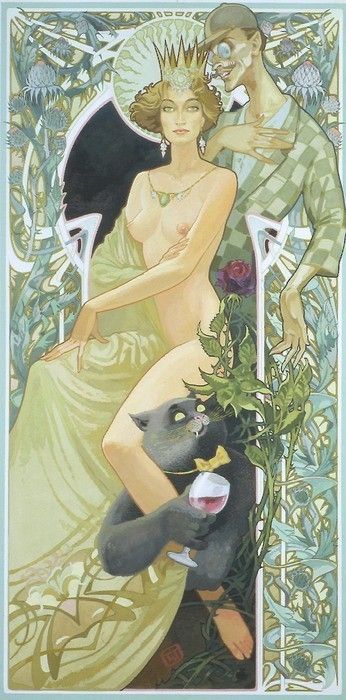
The book "Master and Margarita" (1928-40) - Published in installments in 1966 and 1967 in the russian journal "Moskva".
The large novel takes place on three levels, each of which provides a commentary on the others. Historical narrative is set in Jerusalem, where Pontius Pilate condemns to death a man, Jeshua, whom he knows to be innocent. Contemporary narrative is set in Moscow, where the Master and Margarita live and where the Master has written a novel about Pilate. The third, fantastic level introduces the devil, who steps out of Goethe's Faust. He appears in Moscow with a retinue that includes an enormous black cat. The devil, Woland, is unconventionally seen more as an agent for good. Moreover, the character of Jesus, called Yeshua, in not very Biblical.
The philosophical and religious themes and examination of the freedom of art circulate around the intrusion of the devil into the life of modern Moscow and the crucifixion of Christ. Interacting and competing discourses from the realms of science, religion, literature, history, and politics, complicate further the narrative.
Master burns his manuscript and retires to a madhouse. Margarita's love for the master drives her to a pact with Satan. Bulgakov composed two versions of the work. One was written at home and another, when he did not have the original available, was born while he was living with a mistress.
Much of the the satire is aimed at greed, vanity, and pettiness, but is possible to read the book as a tribute to Stalin's policy to cut the bourgeois elements of Soviet society. After the publication Bulgakov was seen as a link between such writers as Vasilii Aksenov, Andrei Siniavskiy, and the Strugatskiy brothers and the great past tradition of Gogol and Dostoevskii.







